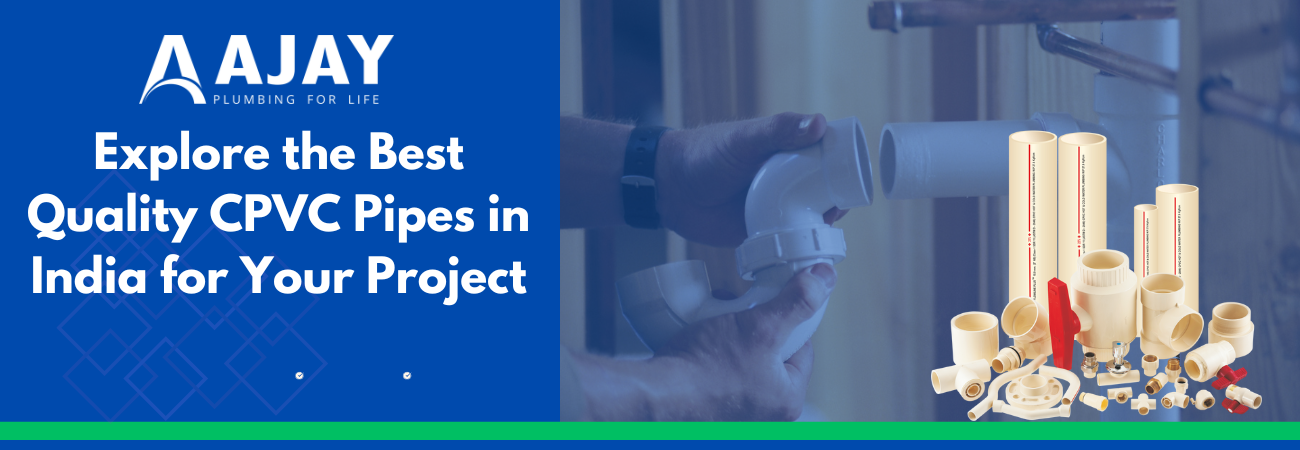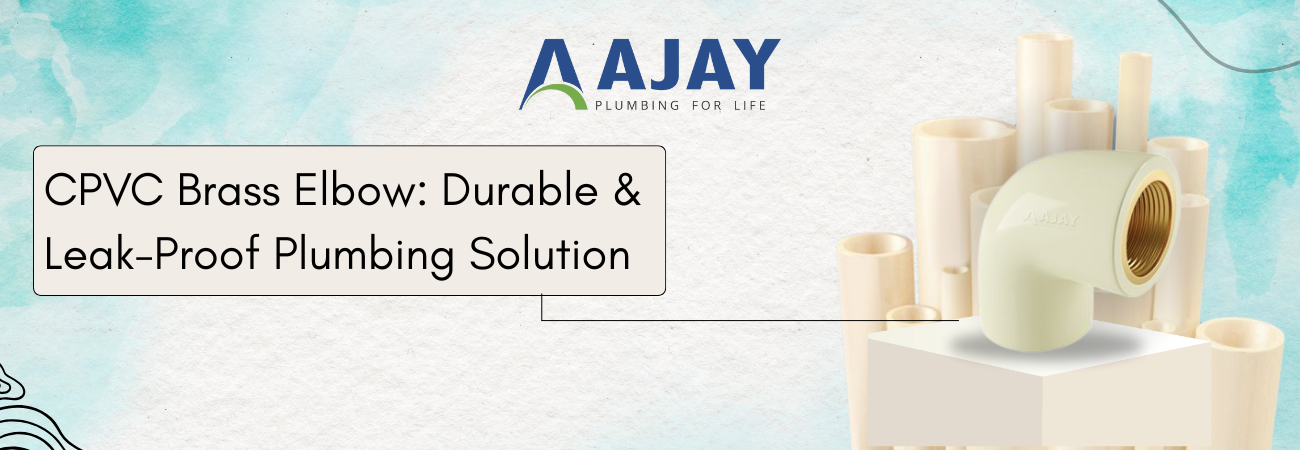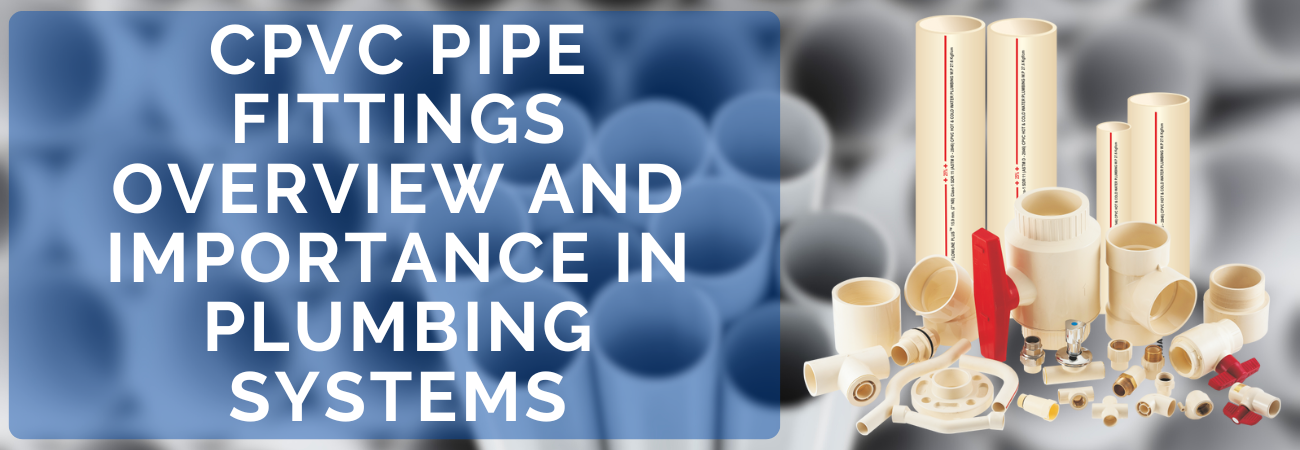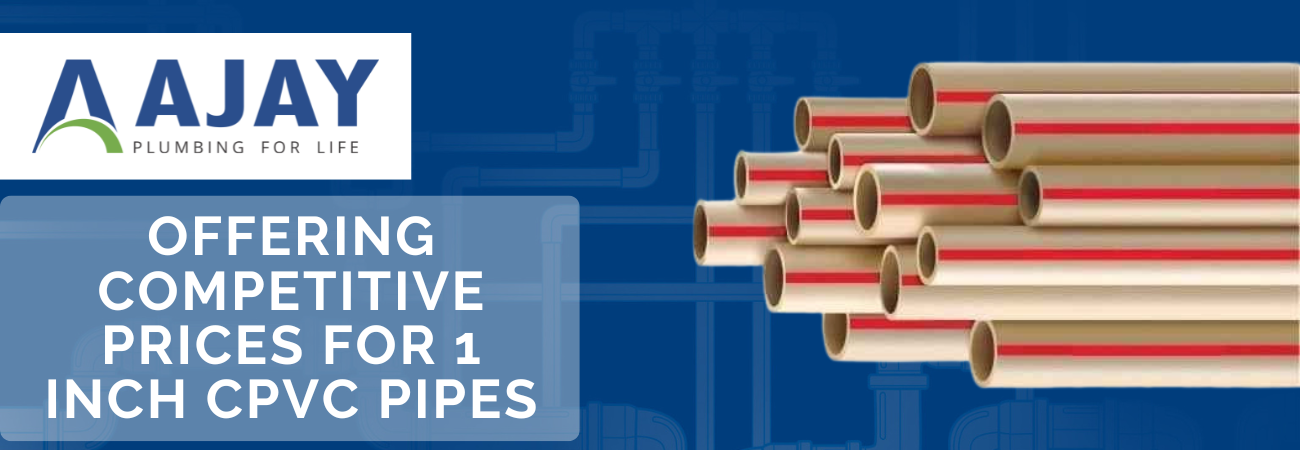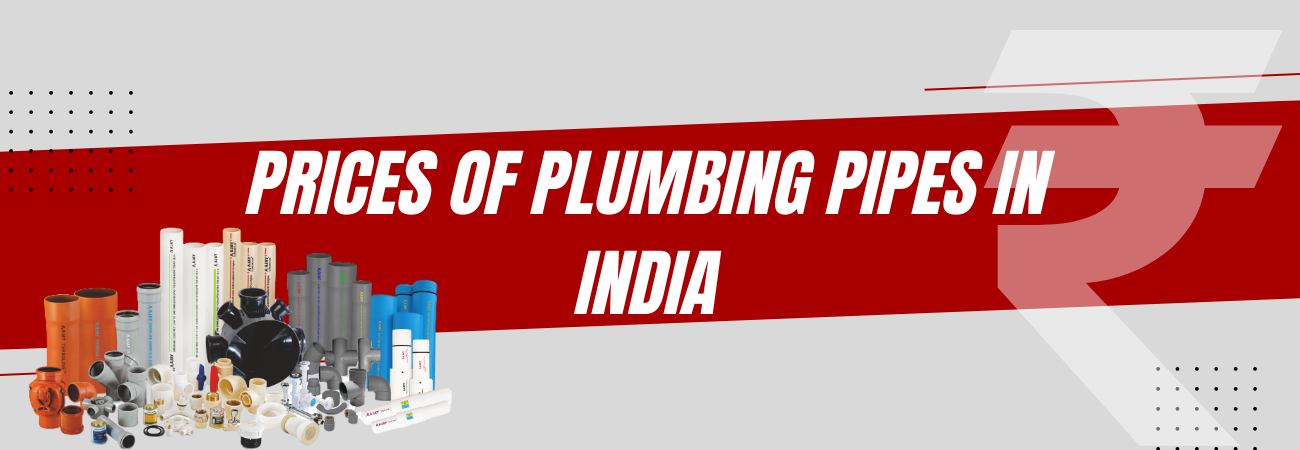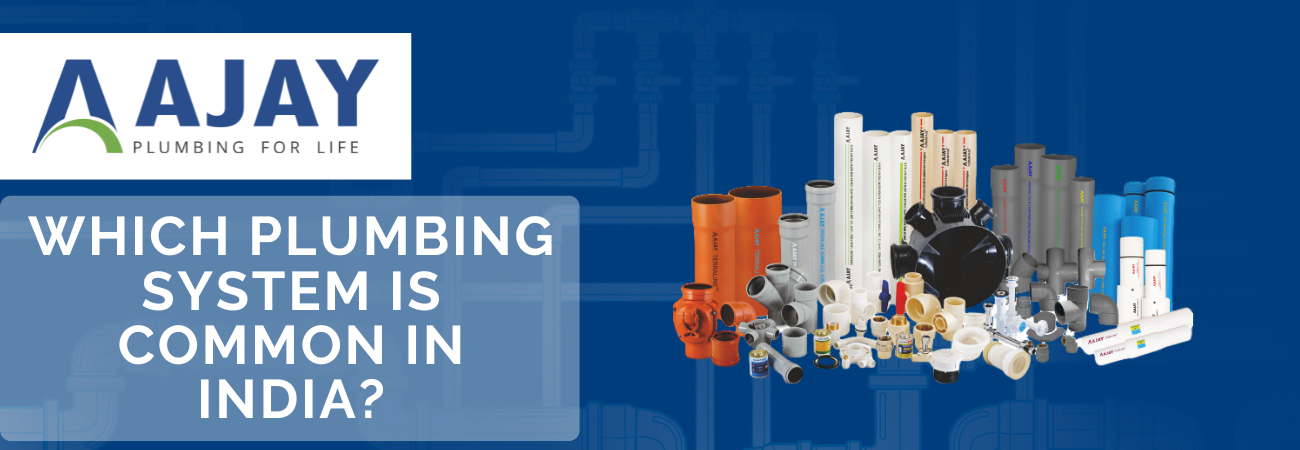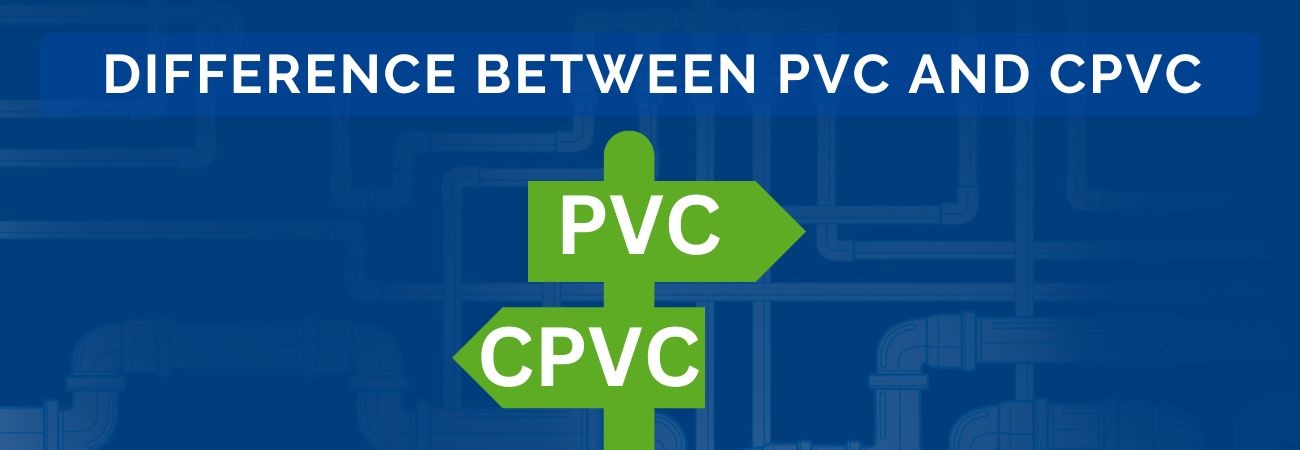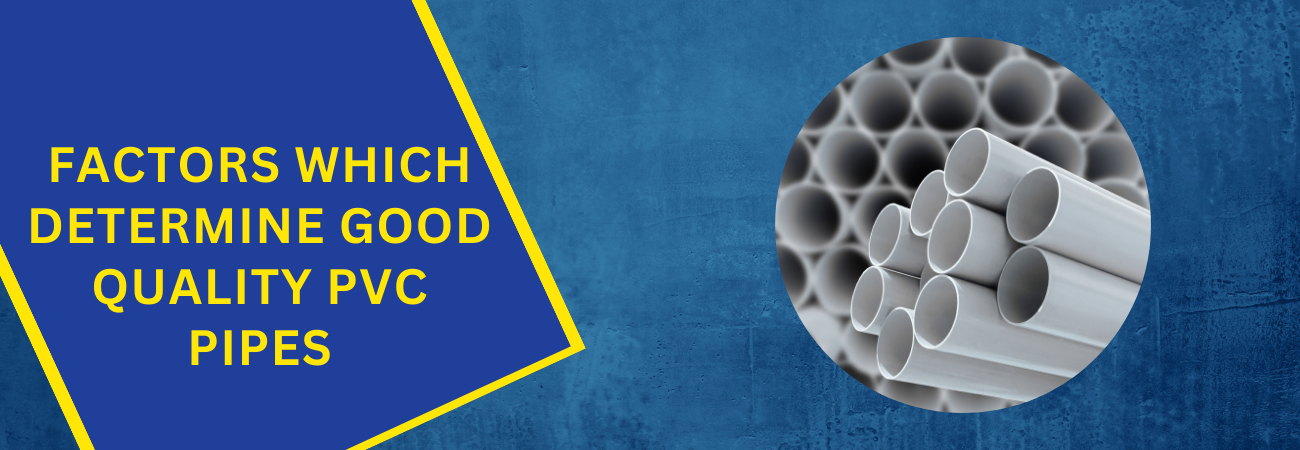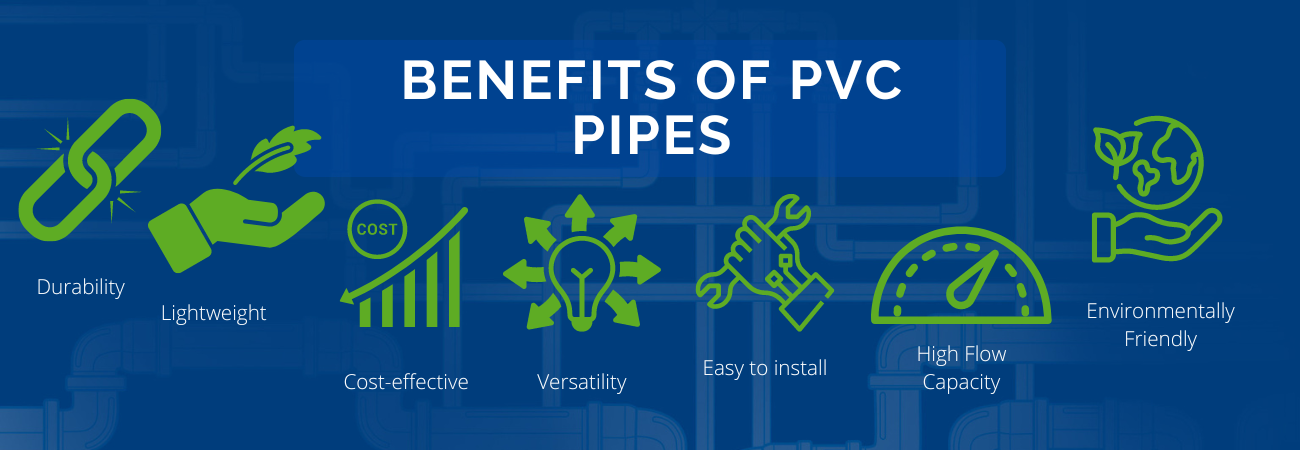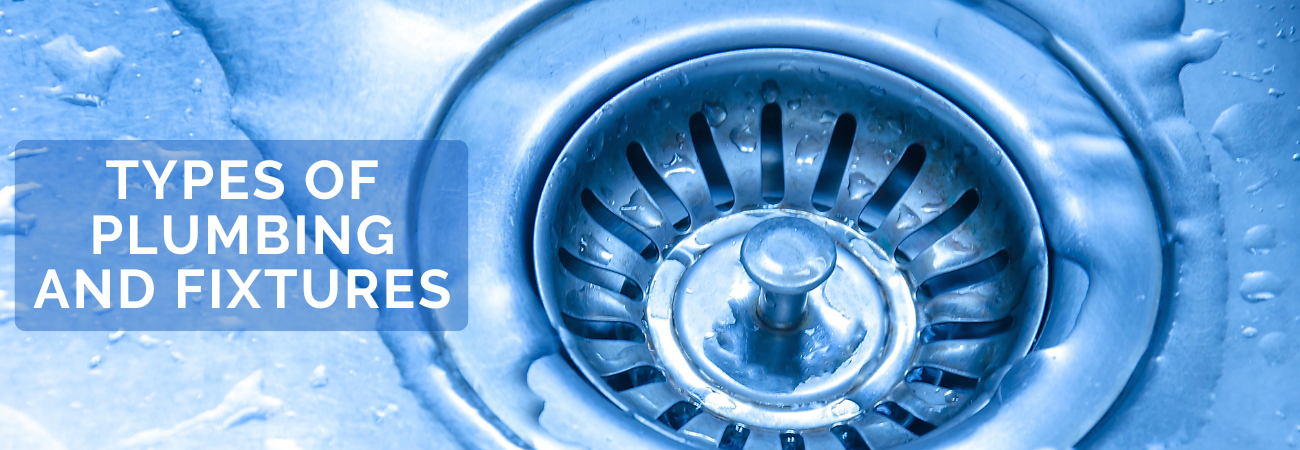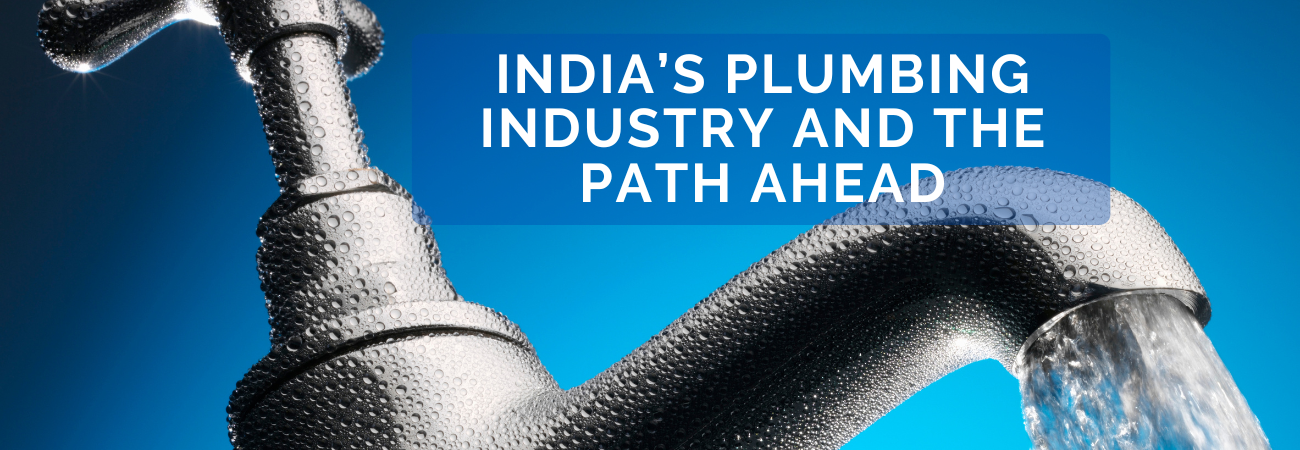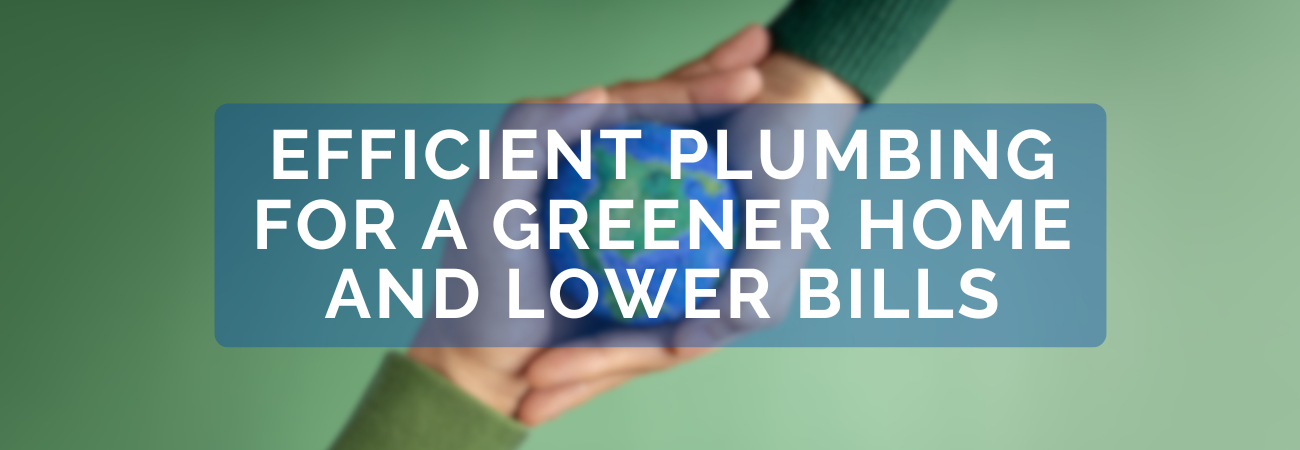
Explore the Best Quality CPVC Pipes in India for Your Project
Best Pipe CPVC / Jan 27, 2025
Introduction
Choosing the right valve for plumbing and industrial piping is essential for smooth fluid control. Valves play a crucial role in managing water flow, ensuring efficiency, and preventing leaks in various applications. Among the many options available, CPVC ball valves stand out due to their durability, chemical resistance, and easy installation. This guide explains their features, benefits, and applications in a simple and clear manner.
What is a CPVC Ball Valve?
A CPVC ball valve is a valve made from chlorinated polyvinyl chloride (CPVC) designed to regulate fluid flow in piping systems. It has a rotating ball with a hole in the center that controls the flow when turned. These valves are widely used in residential, commercial, and industrial setups because they can withstand high temperatures and resist corrosion.
Key Features of CPVC Ball Valves
- Heat Resistance
They can handle higher temperatures than standard PVC valves, making them perfect for hot water and chemical applications. - Corrosion Resistance
Unlike metal valves, they do not rust or corrode, even in harsh environments with chemicals and moisture. - Long-Lasting Durability
Designed for longevity, they require minimal maintenance while ensuring reliable performance. - Easy Installation
Lightweight and simple to install, CPVC ball valves connect using solvent cement, ensuring a leak-free joint without special tools. - Cost-Effective
Compared to metal alternatives, they provide a budget-friendly yet efficient solution.
Benefits of CPVC Ball Valves
- Excellent Chemical Resistance
CPVC material resists a wide range of chemicals, making these valves ideal for chemical plants and water treatment facilities. - Low Maintenance
Because they don’t corrode, these valves require very little upkeep, saving time and money on repairs. - Smooth Fluid Flow
Their smooth interior surface minimizes friction, allowing for efficient fluid flow and reducing energy consumption. - Lightweight Yet Strong
Despite being lightweight, CPVC ball valves are strong and durable, making them easy to handle and install. - Safe for Drinking Water
CPVC is a non-toxic material, ensuring safe use in potable water applications without contaminating the supply.
Common Uses of CPVC Ball Valves
- Residential & Commercial Plumbing
Used in homes and businesses for hot and cold water systems. - Industrial Piping
Industries such as chemical processing and pharmaceuticals rely on these valves for safe fluid handling. - HVAC Systems
Used in heating and cooling systems to regulate water and refrigerant flow. - Water Treatment Facilities
Used to control water flow in filtration and purification processes. - Agricultural Irrigation
Used in irrigation systems to manage water distribution efficiently.
- Residential & Commercial Plumbing
How to Choose the Right CPVC Ball Valve
Consider these factors when selecting a CPVC ball valve:
- Size & Pressure Rating: Ensure it matches your pipe size and pressure needs.
- Connection Type: Choose from socket, threaded, or flanged connections.
- Handle Type: Select a manual lever or automated actuator.
- Application Suitability: Verify that it can handle the required temperature and fluid type.
Complementary CPVC Products
Enhance your plumbing system with these additional CPVC components:
- CPVC Valve: Other CPVC valves like check valves and gate valves work alongside ball valves for optimal control.
- CPVC Wall: Used for concealed plumbing, ensuring a neat and efficient setup.
- CPVC End Cap: Seals pipe ends to prevent leaks and maintain system integrity.
Installation & Maintenance Tips
Installation Steps :
- Measure & Cut: Cut CPVC pipes accurately before installing the valve.
- Clean & Prime: Clean the pipe ends and use CPVC primer for a secure bond.
- Apply Solvent Cement: Use CPVC solvent cement to join pipes and valves.
- Allow Curing Time: Let the cement dry before using the system.
- Check for Leaks: Test the system to ensure a tight seal.
Maintenance Tips
- Operate Regularly: Turn the valve occasionally to prevent it from sticking.
- Inspect for Leaks: Look for signs of wear or leaks.
- Keep Clean: Remove debris that may block valve operation.
- Replace Worn Parts: If the valve shows damage, replace necessary components.
Conclusion
CPVC ball valves are essential for efficient fluid control in plumbing and industrial applications. Their high-temperature resistance, chemical durability, and easy installation make them a reliable and cost-effective choice. Whether for residential, commercial, or industrial use, these valves provide a long-lasting, efficient solution for your piping system.
FAQ:-
CPVC ball valves are used to control fluid flow in residential, commercial, and industrial piping systems. They are commonly found in plumbing, chemical processing, HVAC systems, and water treatment plants.
Yes, CPVC ball valves can handle higher temperatures than standard PVC valves, making them ideal for hot water systems.
Yes, CPVC is a non-toxic material approved for potable water applications. It does not leach harmful chemicals into the water supply.
They are installed using solvent cement, which securely bonds them to CPVC pipes. The process involves cutting, cleaning, priming, and applying cement before allowing it to cure.
Minimal maintenance is required. Periodic operation prevents sticking, and routine inspections help detect any leaks or wear.
For any queries, contact the plumbing experts at Ajay pipes on the Toll Free No. : 1800-11-4050 or via email at our email address info@ajaypipes.com


